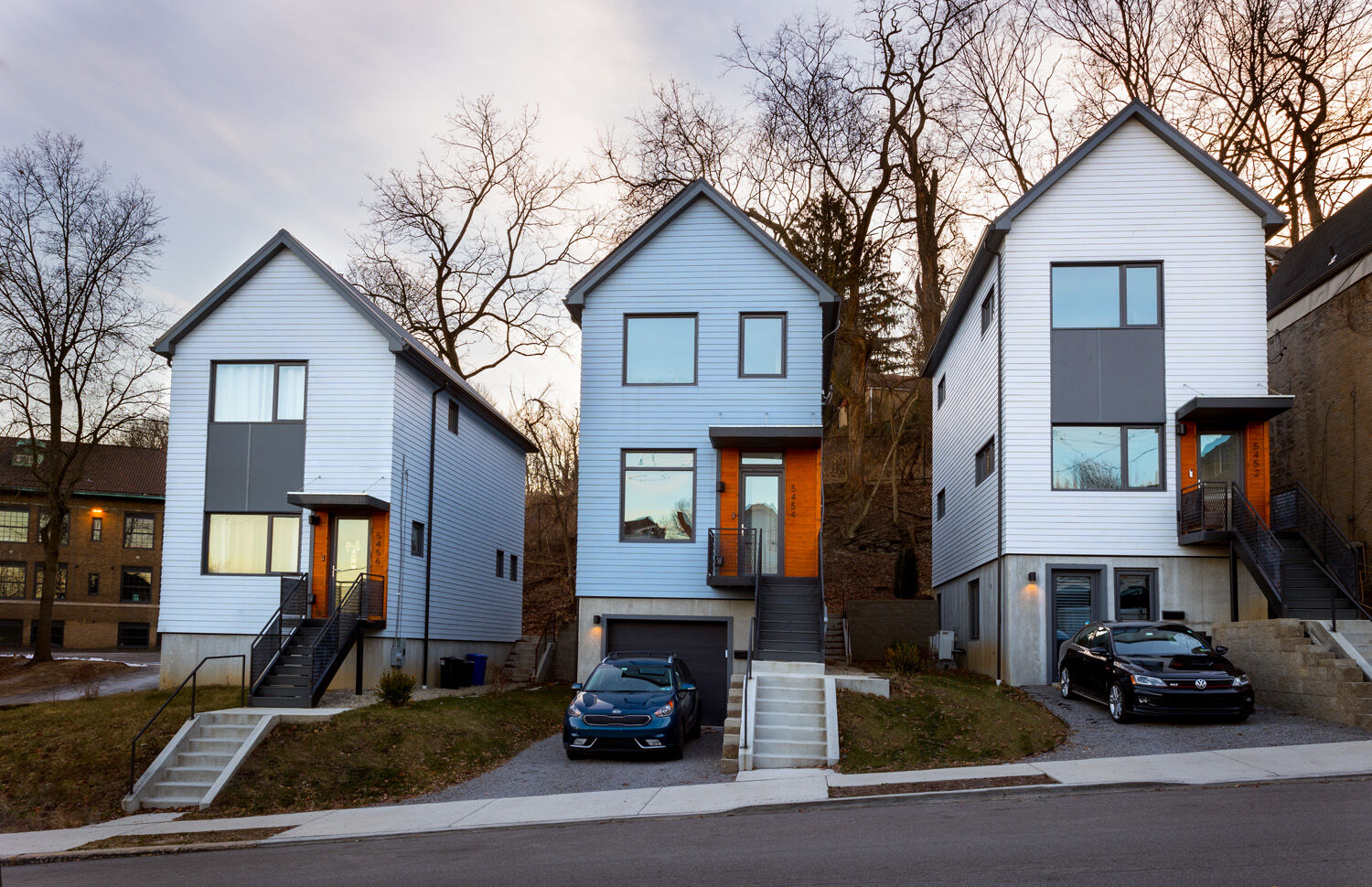Covering the intersection of public policy and industrial innovation, today I’ll spotlight a $2.4 million investment from Module Design, Inc.—a move that highlights not only Pennsylvania’s economic strategy, but also its vision for sustainable, high‑quality housing.

A Bold Expansion in Allegheny County
Governor Josh Shapiro recently secured a significant financial boost from the Commonwealth to support Module Design’s growth in Carnegie, Allegheny County. With over $2.4 million allocated to upgrade the firm’s leased 22,000-square-foot facility, the expansion will create 58 new jobs and safeguard eight existing positions.
This follows Pennsylvania’s record-breaking momentum—such as the recent $20 billion Amazon investment—all underpinned by Shapiro’s 10‑year economic development plan.
The funding package blends diverse sources: a $400,000 PIDA loan, a $290,000 Pennsylvania First grant, and a $72,000 WEDnetPA training grant. This trifecta not only enhances the factory’s operational capacity but also puts workforce development front and center.
Modular Housing With Purpose
Module Design isn’t just ramping up production—it’s reshaping the housing landscape. The company combines design, manufacturing, and construction in-house, producing energy-efficient modular homes that meet urgent community needs. As DCED Secretary Rick Siger emphasizes, it’s a powerful example of how public investment can uplift both the economy and everyday lives.

For Brian Gaudio, Module’s co-founder and CEO, the investment is more than numbers—it’s a mission. Their “Last Mile Facility” isn’t just about efficiency; it’s about building homes families are proud to live in while creating pathways into the trades and promoting economic equity.
Why This Matters
This investment represents a high-impact public-private collaboration that shows how government funding and private innovation can work in harmony to transform industries. It underscores a targeted approach to job creation, bringing more than 50 new roles into the local job market and revitalizing the regional economy. At the same time, it accelerates the production of affordable, eco-friendly housing, offering communities real solutions to pressing housing shortages. Just as importantly, the inclusion of workforce training grants signals a commitment to investing in people as much as infrastructure, ensuring workers gain new skills and opportunities for advancement. Together, these elements reflect a bold model for equitable, sustainable growth and point the way forward for other states and industries looking to make a lasting impact.
.
With over 9,000 published articles on modular and offsite construction, Gary Fleisher remains one of the most trusted voices in the industry.
.
CLICK HERE to read the latest edition
Contact Gary Fleisher












